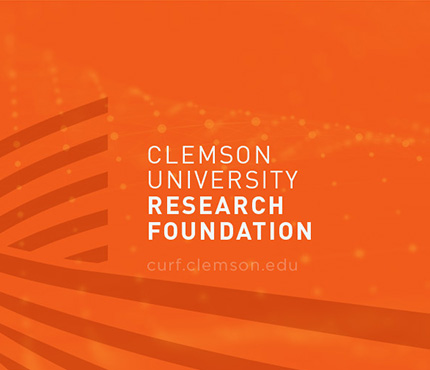Keywords: Biotechnology, Agriculture
Market Overview
This promoter drives constitutive and/or tissue-specific expression of genes in transgenic plants. A promoter is a specific DNA sequence that regulates the expression of downstream coding or other noncoding nucleic acids. As such, promoters are important molecular tools for agricultural biotechnology. There are two main constitutive promoters currently used in transgenic plants, mosaic virus 35S (CaMV 35S) promoter and maize ubiquitin promoter. While strong, these promoters are inefficient in some cases and can cause adverse consequences such as growth suppression. To overcome the shortcomings of current promoters, Clemson University researchers have identified a strong new tissue-specific promoter that could be used to drive foreign genes in transgenic plants. This newly identified promoter operates with higher efficiency and allows better control of gene expression.
Applications:
Agriculture production; biotechnology
Technical Summary:
Clemson University researchers have identified and cloned a promoter named Srf3 from the upstream sequence of a leaf specific protein kinase gene, Stress Responsive Factor 3 (SRF3) from Arabidopsis thaliana genomic DNA. The analysis of this promoter in stable transgenic Arabidopsis showed that different versions of the Srf3 promoter have as strong activity as CaMV 35S, while they exhibited much higher activity than maize ubiquitin promoter. This promoter is stronger than the two current promoters primarily utilized and would provide a very useful molecular tool in agricultural biotechnology.
Advantages:
- Enhances efficiency and flexibility in genetically engineering crop species for trait modifications
- Provides tissue-specific promoters in transgenic plants, allowing use for modulating gene expression
Technology Overview
State of Development
Field Trials Underway
Patent Type
Utility, Provisional
Category
Serial Number
15/002,819 and 62/106,298
CURF Reference No.
2014-074
Inventors
Dr. Hong Luo
For More Info, Contact:
Pushparajah Thavarajah
E: pthavar@clemson.edu
P: 864.656.5708
Contact
Latest News from CURF
Stay up-to-date with the latest trends in the innovation and research industry. Sign up for our newsletter to see how CURF is making a difference and impacting the economy where we live.









